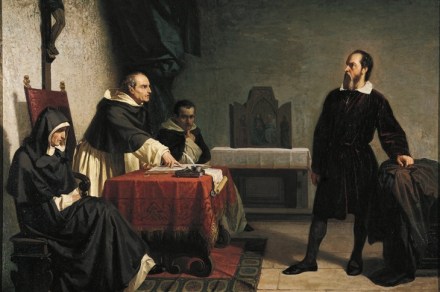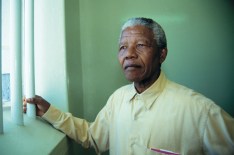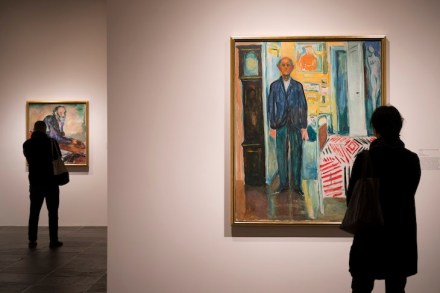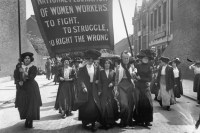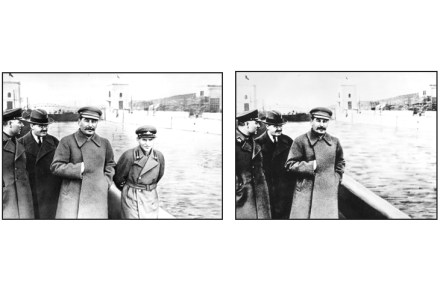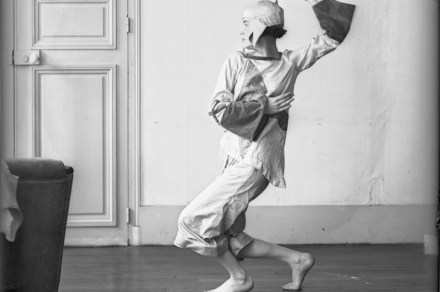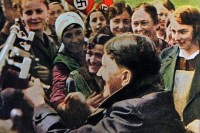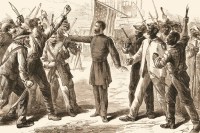Too close to the sun
If you go to the Campo dei Fiori in Rome on 17 February every year, you’ll find yourself surrounded by an eclectic crowd of atheists, free-thinkers, Catholic reformers, anarchists, mystics, students, scientists and poets all jostling to lay tributes before the statue of the hooded Dominican friar whose shadowed face stares inscrutably towards the Vatican. His name is Giordano Bruno and his statue, erected by public subscription in the 19th century, commemorates the site where he was burned for heresy in 1600 at the hands of the Roman Inquisition. In the four centuries since, the idea of martyrdom has attached to Bruno’s death, with various causes (including, recently, a member
